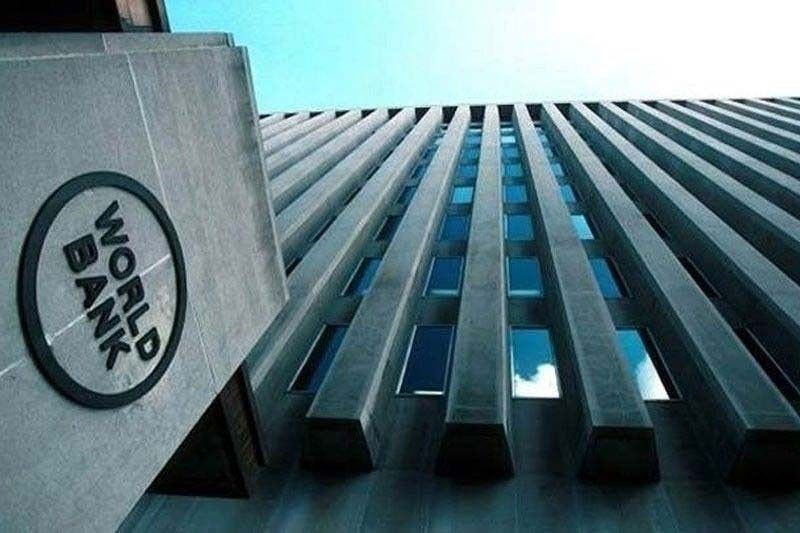United Nations partners with Philippines, World Bank vs hunger

MANILA, Philippines — The United Nations has partnered with the Philippine government and the World Bank, contributing its technical expertise to an initiative to address malnutrition and hunger in the country.
The Philippine Multisectoral Nutrition Project (PMNP) takes a whole-of-government approach in tackling issues related to nutrition, including childhood stunting – a significant problem in the Philippines, which ranks among the 10 countries with the highest number of stunted children in the world.
“Nutrition is at the heart of any development agenda,” said UN Philippines chief Gustavo González during a technical discussion on strengthened delivery of nutrition and primary health services, which is one of the main components of the PMNP.
“In the jargon of the UN, we always say, ‘Show me your nutrition indicators and we will see your level of inclusivity,’” he added.
The PMNP was created to effectively respond to the scale and complexity of malnutrition in the Philippines that was worsened by the pandemic, which requires a multi-agency and multi-sector approach to resolve.
González described the partnership as a “cutting-edge” development, adding, “This should be a cooperation that immediately reflects a common team. You have the government implementing the most important programs in the country, you have the World Bank that is providing the required resources, and then you have the UN as a global community of knowledge.”
A joint coordination group has been formed to ensure a cost-effective and coordinated support.
He also emphasized that the PMNP is an opportunity for the government to maximize the value of its relationship with the UN.
“We work together – you are expected to make the most of the knowledge that we generate because you own the UN,” he said.
Among the primary agencies involved in the project include the Department of Health, National Nutrition Council, Department of Social Welfare and Development, the United Nations Children’s Fund, United Nations Office for Project Services and the World Bank. Other UN agencies, including the World Health Organization, World Food Programme, UN Population Fund and Food and Agriculture Organization will also be providing technical expertise.
- Latest
- Trending

































